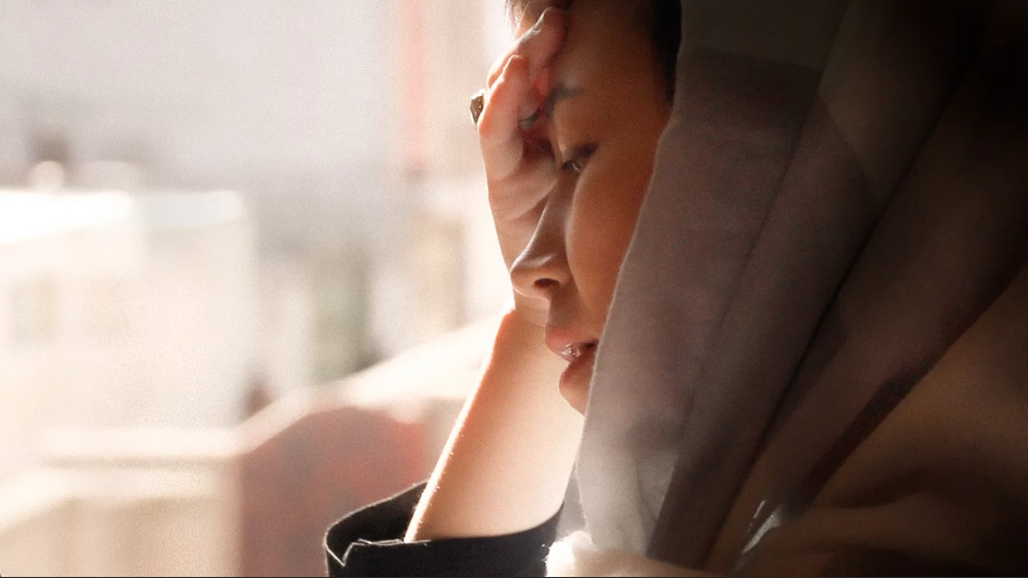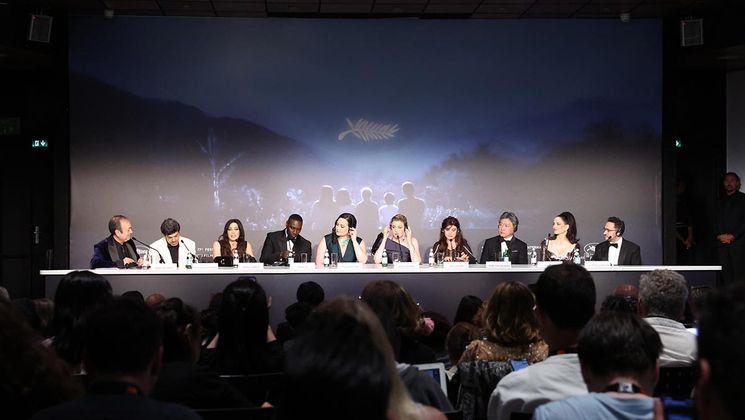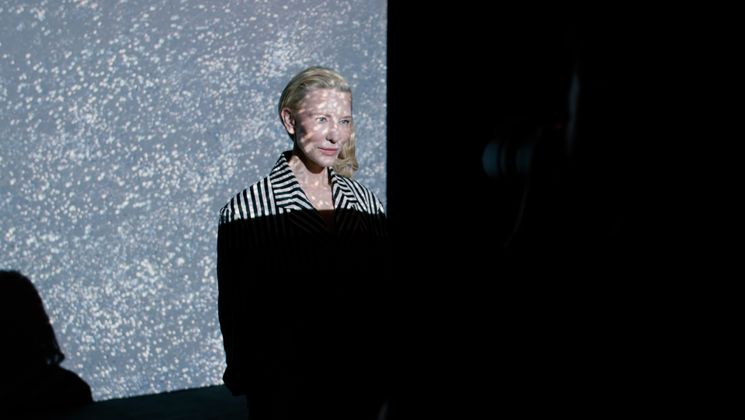
Bread and Roses: Kabul under the Taliban, as seen by Sahra Mani

In 2018, Sahra Mani‘s hard-hitting A Thousand Girls Like Me documented a young Afghan woman and incest victim in her quest for justice. In Bread and Roses, the Afghan director shines a light on how the women of Kabul are seeing their rights stripped away. A Special Screening that leads us deep into the abyss of life under the Taliban. Here’s her interview with the Festival de Cannes.
How did you manage to film this documentary at a time when Kabul is in the Taliban’s hands?
This wasn’t an easy film to make. Now that women can no longer leave the house without the veil, I thought we should tell their stories, the stories of extraordinary women living under the Taliban’s theocratic rule. The safety of the film crew and the people we filmed was our priority. Danger was everywhere, and unfortunately there were some arrests.
Your last documentary, A Thousand Girls Like Me, also covered one woman’s fight for her rights.
Both films show the reality for women in my country. All the women in my life are a source of inspiration. Most of my classmates were married off when they were minors. I watched them head off on their honeymoons as if they were lying down in caskets, their dreams in pieces. It was a horror show. Both of these projects strike me as vital. I had no choice but to make these films.
Tell us about the women in the documentary.
These are three modern women living in a community where they aren’t allowed to go back to work or study. If we want to build a future in Afghanistan, we’re going to need educated women capable of harnessing their talents to better society. The way in which their lives have changed under the Taliban is an everyday reality for us, it’s life under a dictatorship, a cruel reality we cannot ignore.
Is the title a nod to Bread and Roses by Ken Loach?
Ken Loach is my favourite filmmaker, but the title is actually a reference to the famous American political slogan and the poem by James Oppenheim. In my film, you see Afghan women chanting “Bread, work, education and freedom!”. That’s what they want, they’re demanding their basic rights. The rose could be seen as a symbol of freedom and dignity.
Resilience is one of the film’s central themes. How do we find hope in the most desperate of situations?
I’m always thinking about the best way we as humans can live with our pain. Humour is a good way of coping with all this misery, but it isn’t always enough.
At present, the dire situation in Afghanistan is the work of the men who lead us, not God. We know it. We need to put an end to it. We’ve said it before, and we’ll say it again: to make peace with the Taliban is to condemn the women of Afghanistan.


